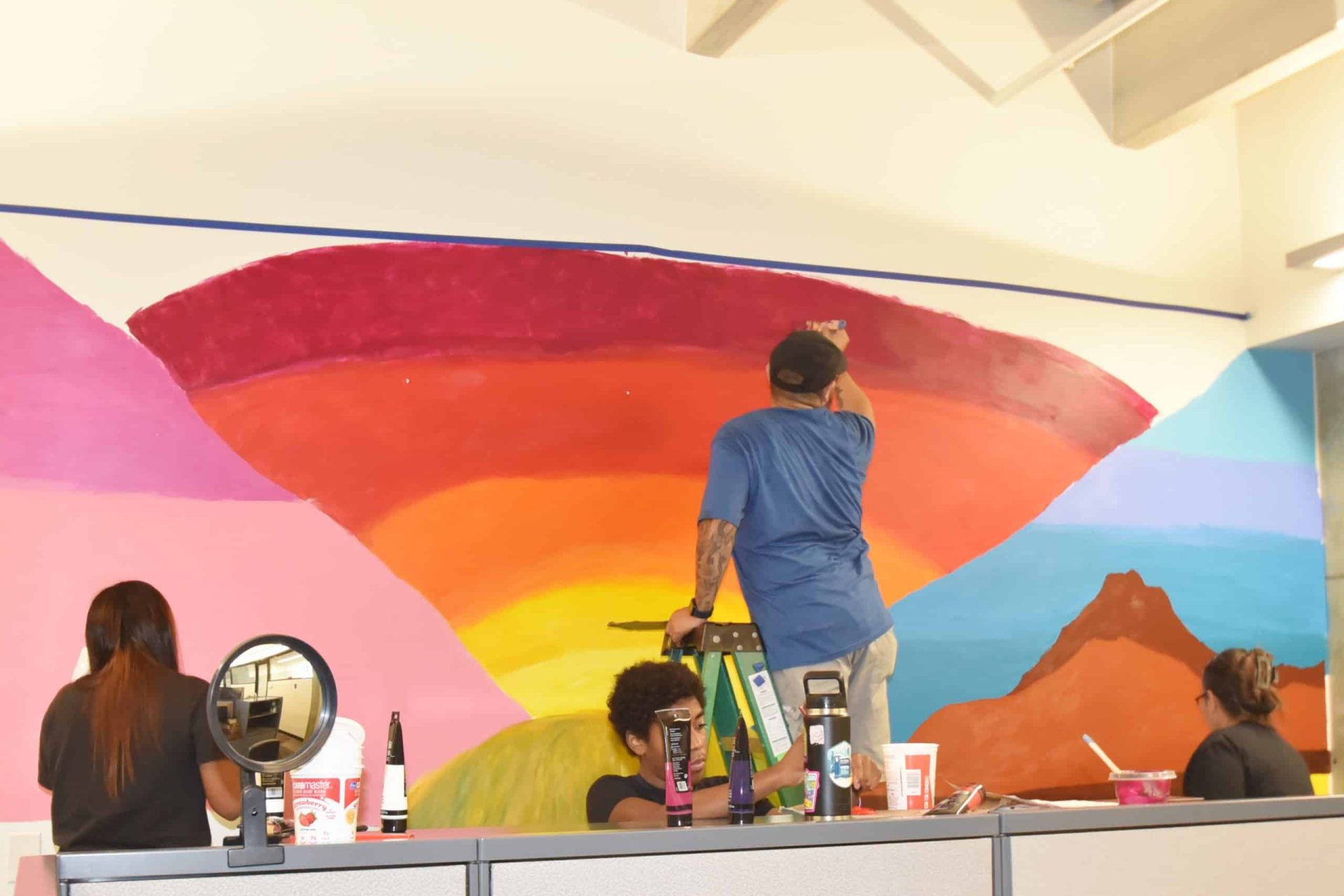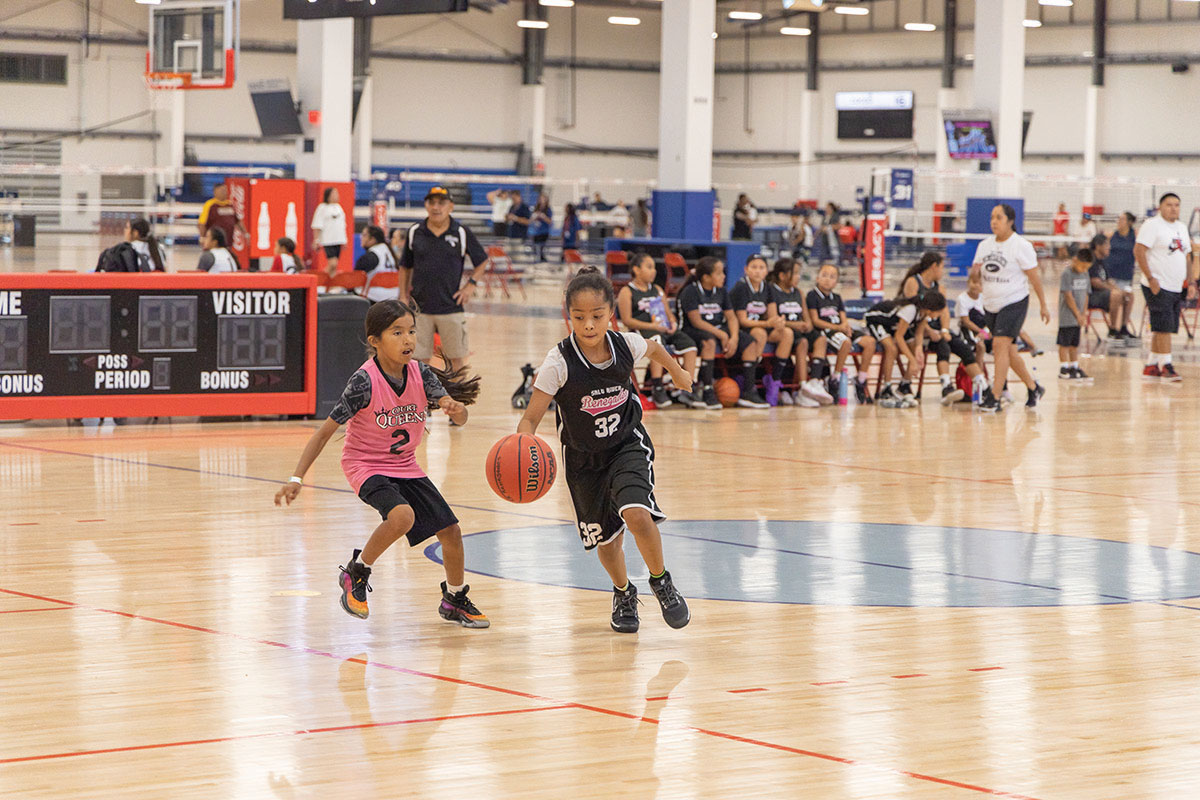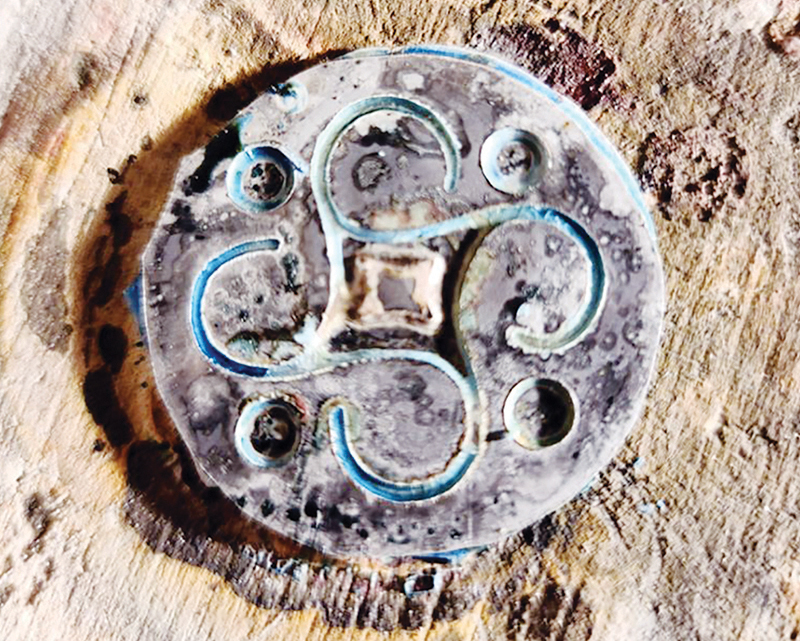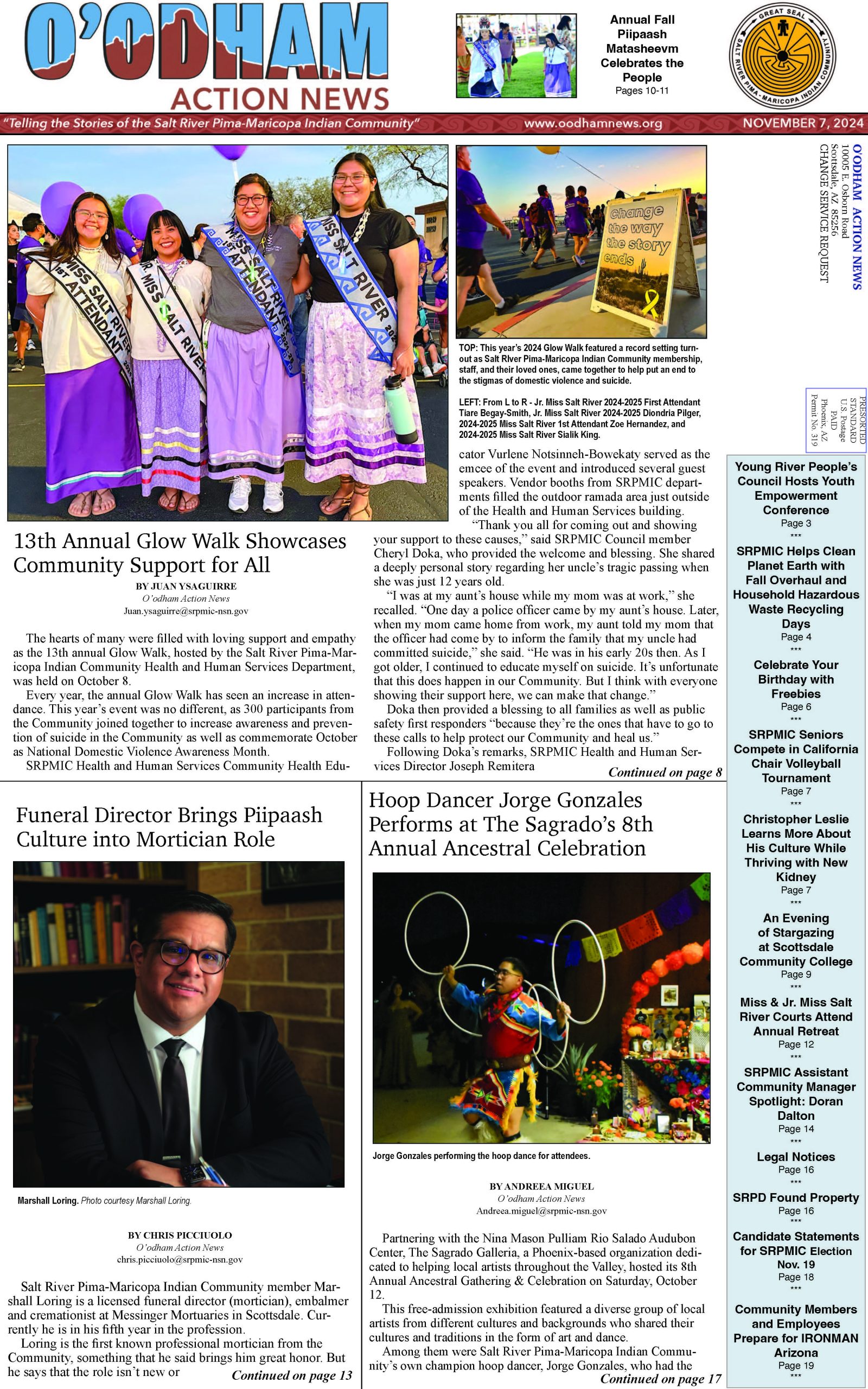VIEWS: 1408
February 15, 2024Learning the O’odham Women’s Game of Toka with Jessica Ruiz
By Nalani Lopez
In recent decades, the traditional game of toka has found its way back to the O’odham women of the Sonoran Desert. In the Salt River Pima-Maricopa Indian Community, Community member Jessica Ruiz, shared the ins and outs of the recreational sport with interested women on January 31 at the Salt River Tribal Library.
The Community currently has two toka teams: Onk Akimel Siviliki and Salt River Tadai. Ruiz has been a member of Onk Akimel Siviliki since 2016. She also teaches the game to Salt River Elementary School students as an afterschool program activity.
“I tell my students, ‘You don’t have to be the best singer or dancer. You could be the best toka player there is. That is your skill; that is the gift the Creator gave you,’” said Ruiz.
Many of the class participants were only vaguely familiar with the game, so Ruiz began by explaining the basics.
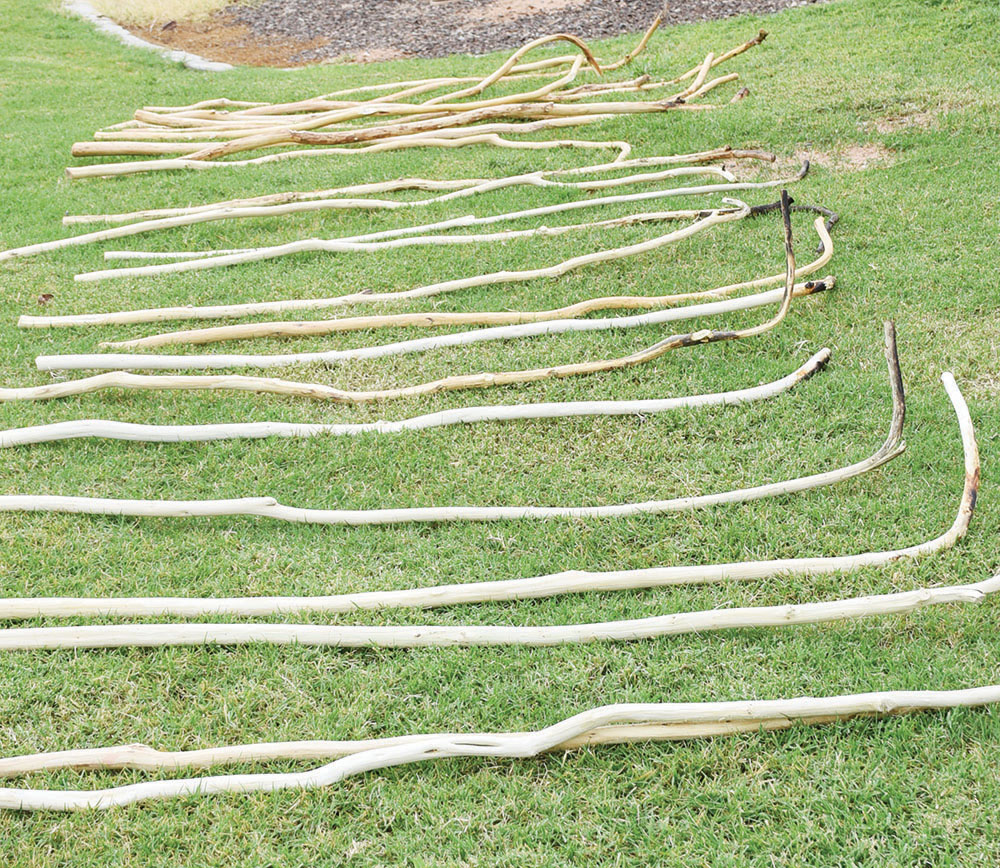
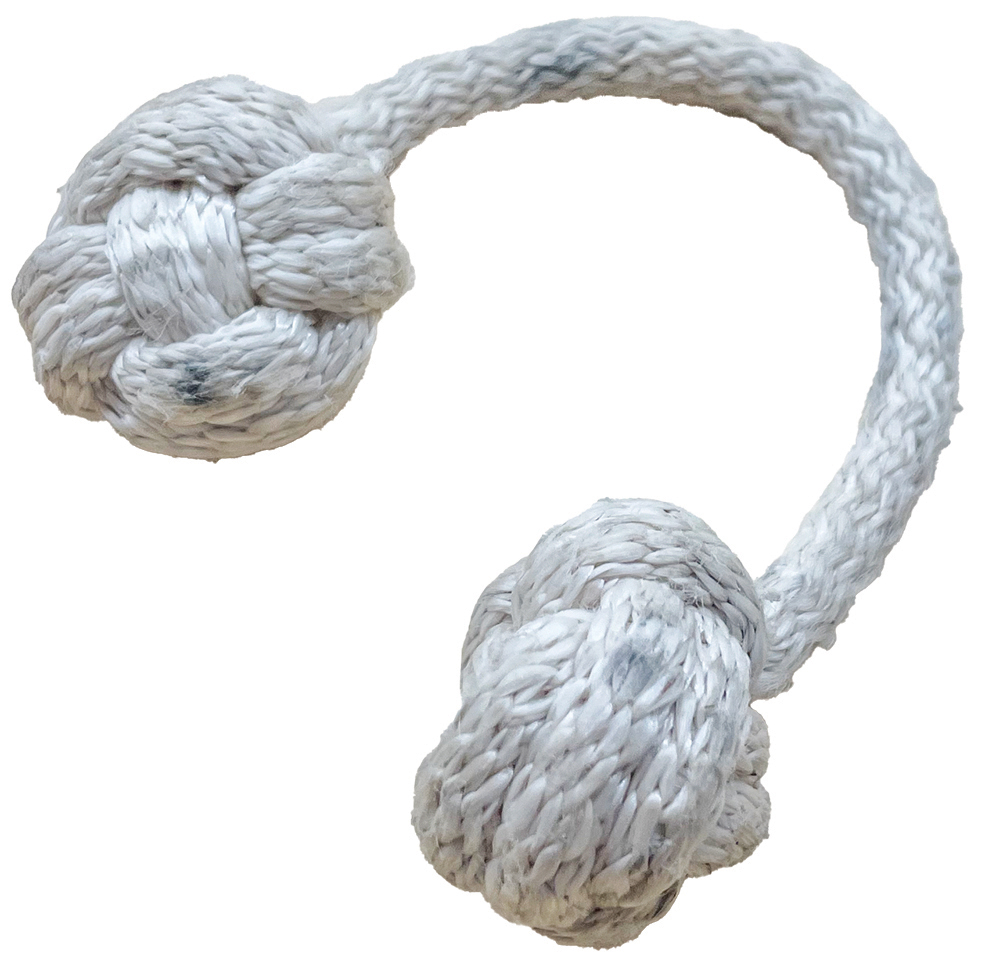
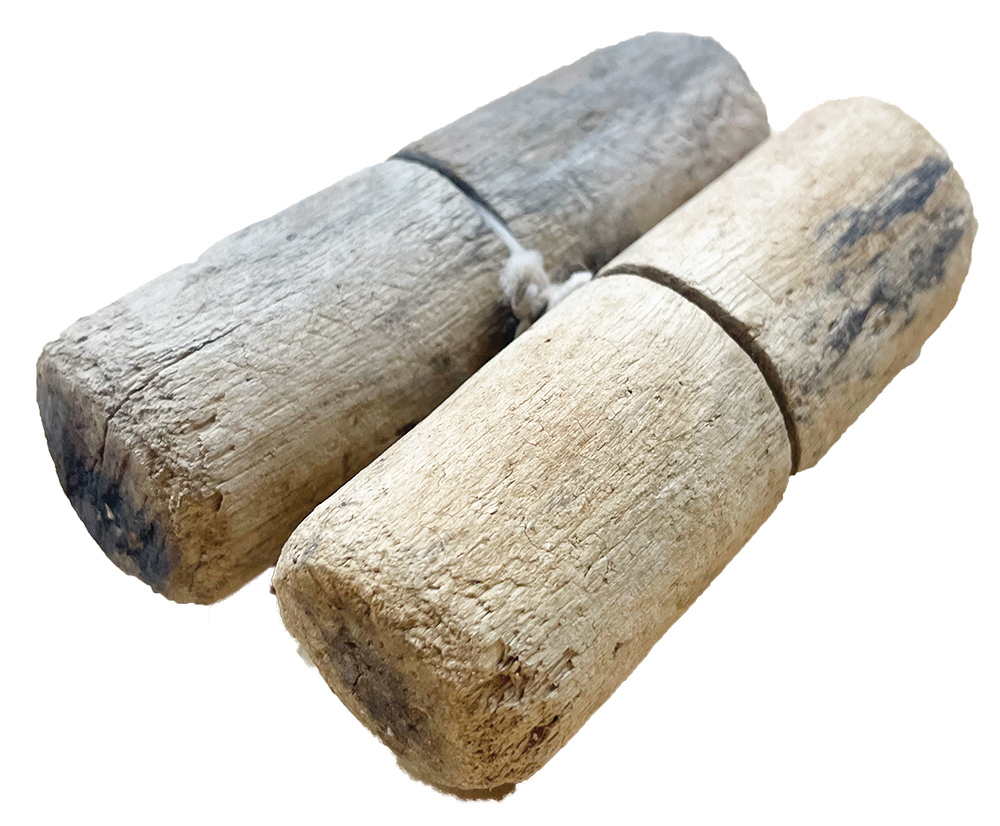
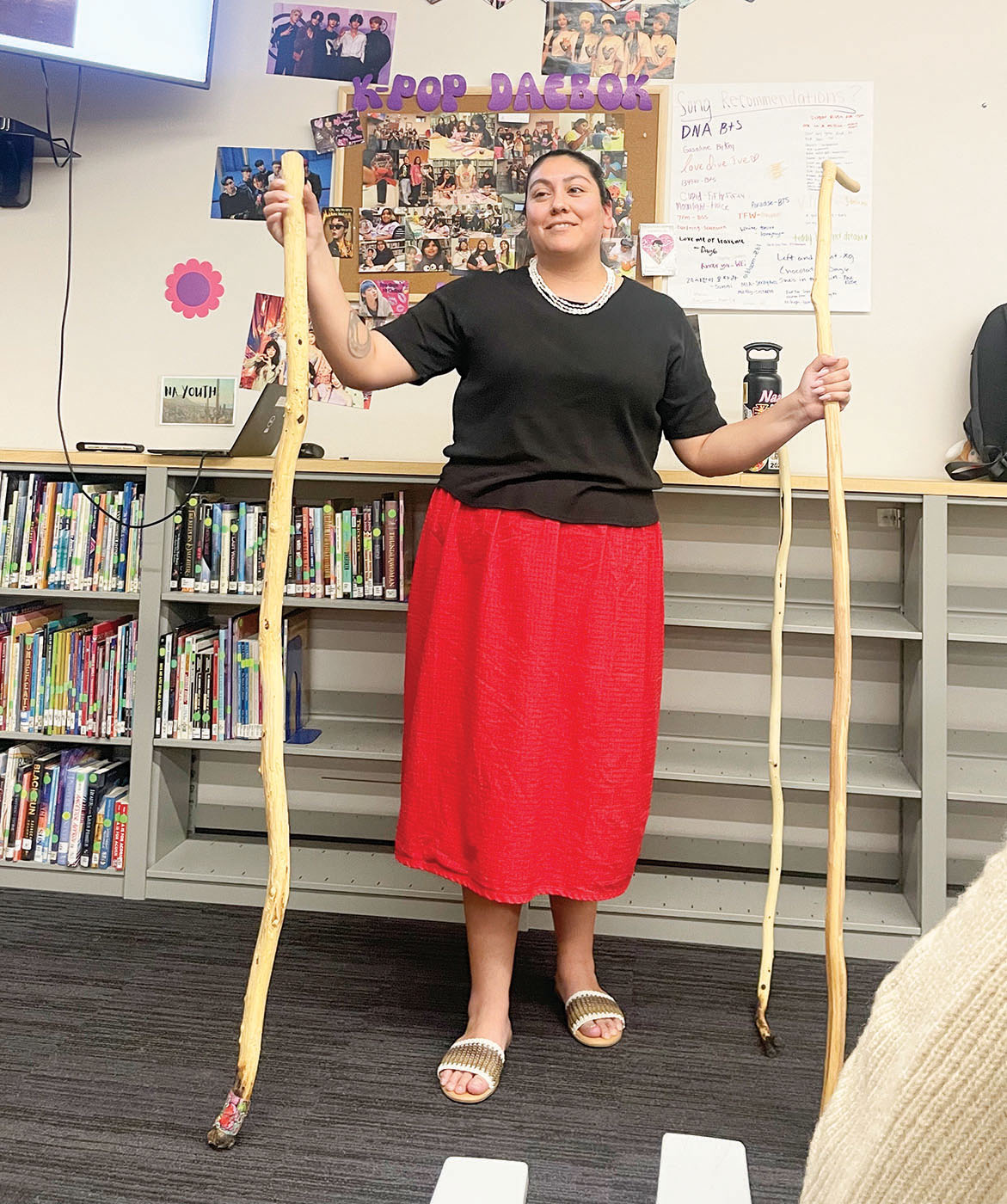
Traditionally, “Toka was an outlet for the women who cared for the kids, worked in the fields with their families, and cared for the house. It [was a] time to gather and socialize,” said Ruiz.
The recreational game, she explained, is played among all generations of women of the four O’odham tribes, the Salt River Pima-Maricopa Indian Community, the Gila River Indian Community, the Ak-Chin Indian Community and the Tohono O’odham Nation.
“When you play, there is no age limit. One of your 6-year-olds can be playing with one of the team’s oldest members,” said Ruiz. “As soon as you can run and hold a stick, you can start playing with the women.”
Toka is often compared to modern-day field hockey. The goal is to hit the o’da, the game piece, across the field with an u’usaga, the playing stick, and pass your team’s goal line. The game can get feisty, as there are no boundaries to the playing field—players can extend the width of the playing field as far as their legs can handle.
While the women play hard on the field, their u’usaga is a trusted companion that fiercely supports them throughout the match.
“An u’usaga is an extension of you. This is a person that is going to help you on the field,” said Ruiz. “They are gonna carry you when you are tired, and they will run with you when you are chasing the o’da.”
The u’usaga is unlike anything you’ll find in a typical sports equipment store. It is a stick handcrafted from mesquite or willow wood. Ruiz explained that the O’odham word for wood, u’us, becomes u’usaga once it is given ownership.
When looking for the perfect stick, Ruiz encourages women to be selective. “You are going to look for a stick that fits you. Inspect it all around, make sure you see no knobs or bends that might weaken your stick, or even animals that may be living inside the stick.”
Ruiz explains that the u’usaga preparation is a tradtional role designated to male family members. They cut the branch, peel it, then bend it with the heat of a fire. Once they hand the prepared sticks to the women to play with, the men can no longer handle the women’s game pieces, as it is the woman or girl’s responsibility to carry and care for the stick. However, Ruiz adds, women can gather and prepare their own u’usaga if they wish.
“As an individual, how you see yourself creates the connection you have [to O’odham culture] because it could be this game, traditional singing, or even dancing,” said Ruiz. “As long as you are connected [to O’odham culture], nobody can tell you you’re ‘not O’odham enough’ to play or know these songs or dances. Being O’odham is making this part of your life. That is what himdag is; you are living that life.”
In the upcoming weeks, Ruiz and the class members will travel to the Red Mountain preservation area to search for their future u’usaga. Eventually, they hope to host a toka scrimmage and allow the interested women to play the O’odham sport that is so rich in history.



